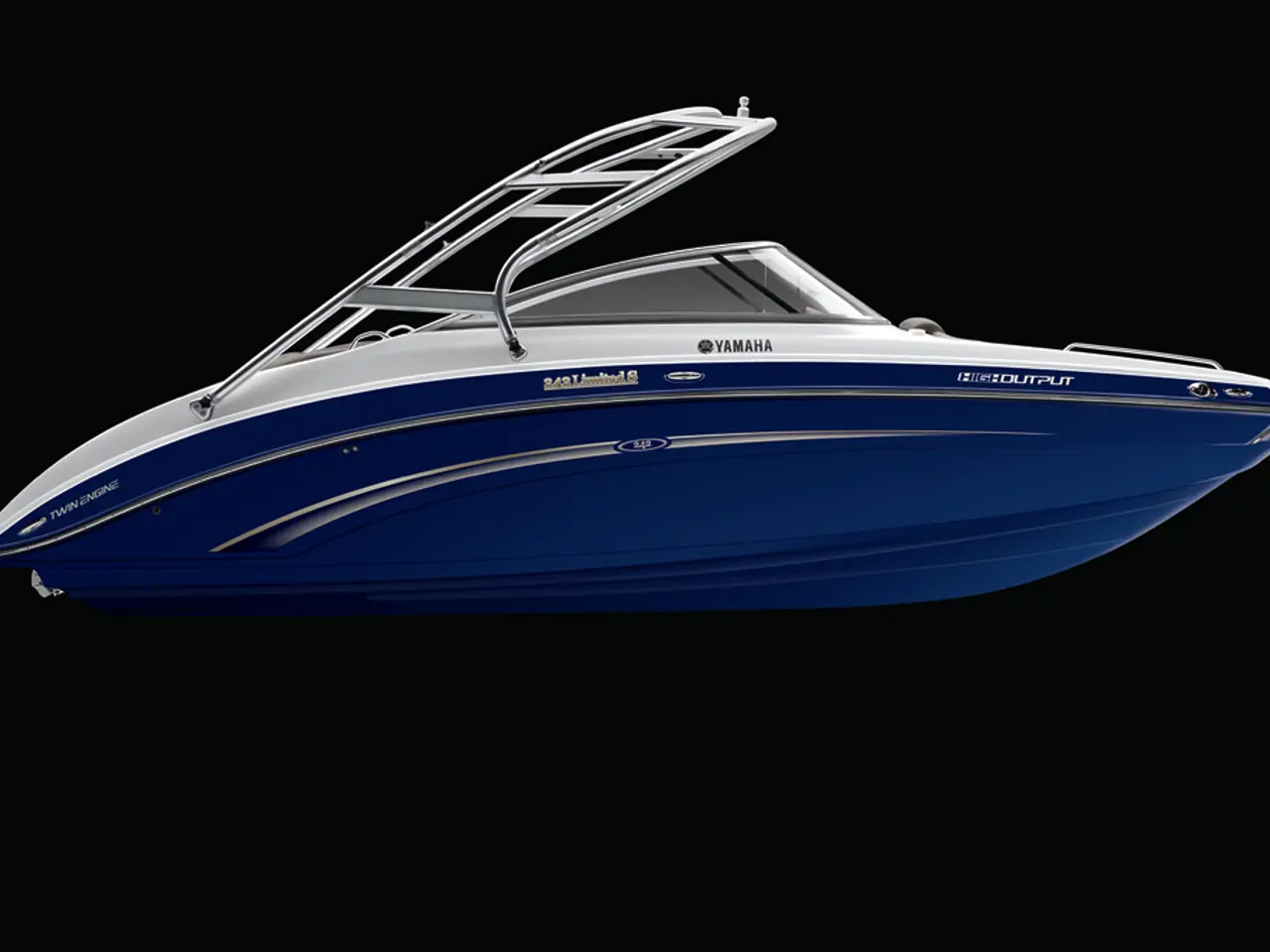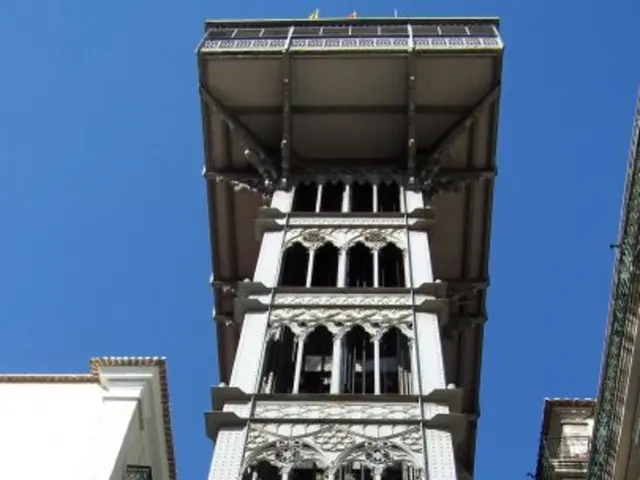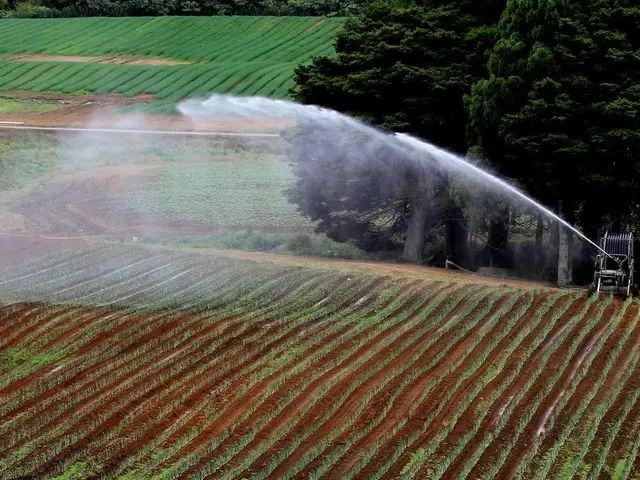Renault Partners with UECC's Sail for Change Program for Fuel-Switching Investigation
UECC, a leading provider of ro-ro shipping services, has announced several significant developments in its quest for a greener maritime future. The company is making strides in reducing its Scope 3 emissions, which are produced indirectly in the supply chain and not by its own activities.
The latest addition to UECC's north-south Europe trading network is the dual-fuel LNG PCTC, Blue Heritage. This comes after the company's initial addition in June this year, also a dual-fuel LNG PCTC. UECC's network now includes an additional port call in Turkey at Yarímca port.
UECC's commitment to sustainability is evident in its decision to fuel its fleet of dual and multi-fuel LNG pure car and truck carriers (PCTCs) with biomethane or bioLNG. This move aligns with the company's ambitious goal to achieve a 45% reduction in carbon intensity by 2030 and net zero by 2040.
The company's sustainability efforts have not gone unnoticed. UECC's energy and sustainability manager, Daniel Gent, stated that Sail for Change offers customers like Renault a direct, meaningful, and certified impact on their supply chain emissions by providing marine transport powered by sustainable fuels. The service between Zeebrugge and Esbjerg is expected to result in an annual saving of 1,000 tonnes of Scope 3 CO emissions for Renault.
UECC's Sail for Change initiative, launched last June, is making a significant impact. The company cut its CO emissions by more than 107,000 tonnes in 2021 and expects this reduction to increase by 50% to nearly 155,000 tonnes this year.
The FuelEU Maritime regulation, in effect since January 2023, sets maximum limits for the yearly average greenhouse gas emissions from ships above 5,000GT calling at European ports. UECC's eco-friendly fleet has generated a compliance surplus under this regulation, allowing the company to avoid surcharges for its customers and even monetize the surplus through the regulation's pooling mechanism.
UECC's bioLNG for the Sail for Change initiative is sourced from Titan Clean Fuels. The biogenic LNG for the initiative is also obtained from Ørsted, a company that has achieved the largest CO2 emission reductions by developing and operating offshore wind farms.
UECC's efforts towards decarbonisation are not only beneficial for the environment but also for its customers. The company counts JLR, Toyota, Ford, and one other unnamed OEM among its customers. Renault Group, for instance, is looking to reduce emissions from its supply chain and logistics by at least 27% by 2030. UECC's commitment to sustainability is helping companies like Renault achieve their own emission reduction goals.
In aligning with the market's needs for decarbonisation, UECC is addressing the demands of the new green regime. The company's actions demonstrate that it is possible to operate a successful ro-ro shipping business while prioritising sustainability and reducing carbon emissions.
Read also:
- Emerging Investment Trends in China's Ethical Finance Sector for 2025
- Celebrated Title: Cheesemakers Blessed Upon
- Construction and renovation projects in Cham county granted €24.8 million focus on energy efficiency
- Trump challenged in court over halting billions in funding for electric vehicle charging infrastructure








